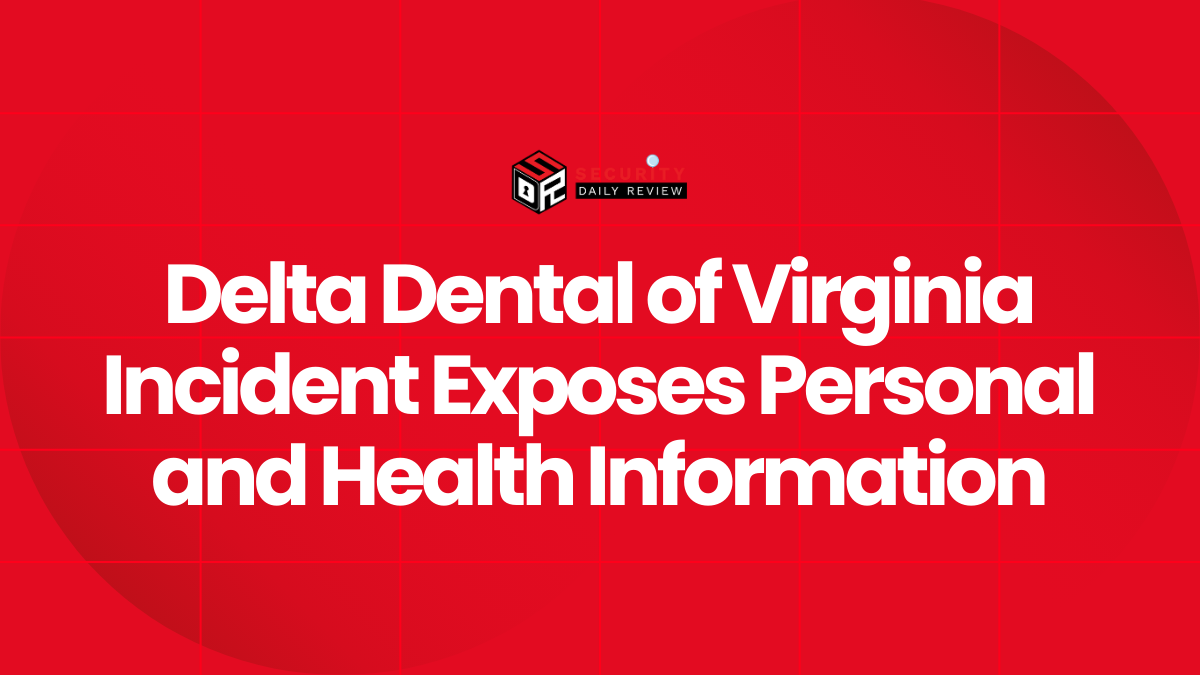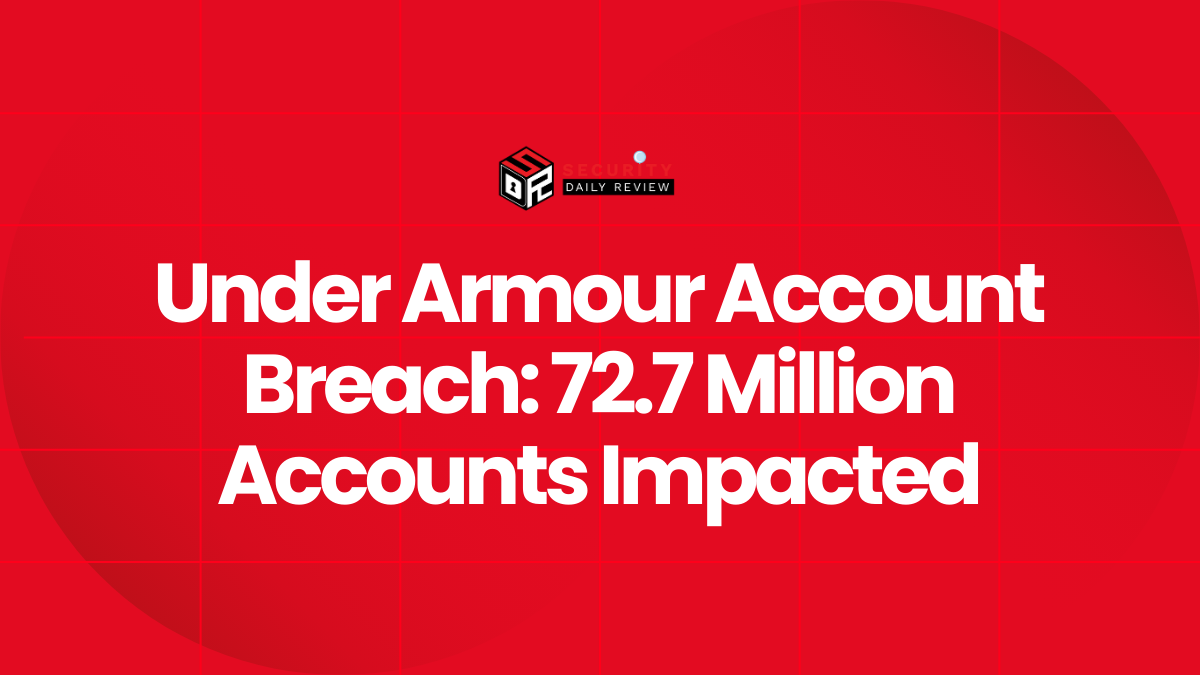In the increasing landscape of cyber threats, the dental care provider Delta Dental of Virginia (DDVA) has recently encountered a significant data security challenge. A security breach in their email systems led to the exposure of sensitive information for approximately 146,000 individuals. The compromised data comprised personal identifiers such as names, Social Security numbers, ID numbers, and even specific health information, reflecting the critical intersection between data security and patient privacy.
Details of the Breach: Compromised Systems and Exposed Data
Understanding the security breach and its repercussions is vital for assessing the incident’s scale and potential implications.
The Nature of the Data Compromised and the Information at Risk
The breach at Delta Dental involved access to an email account, which served as an entry point for hackers to retrieve sensitive customer data. The stolen information included:
- Full names of customers
- Social Security numbers, which could lead to identity theft
- Personal ID numbers, potentially used for fraudulent activities
- Health data, placing patients’ privacy at risk
The exposure of such a broad array of information underscores the potential for misuse and the consequent need for vigilant monitoring and preventive security measures.
Tactical Vulnerability: How Email Accounts Became the Access Point
The infiltration technique used in this breach highlights the ongoing risks associated with email systems as a targeted entry point for cybercriminals. The reliance on emails for communication and storage of sensitive information often leaves organizations vulnerable. In the case of DDVA, the compromise originated from unauthorized access to a single email account, illustrating how even minor vulnerabilities can escalate into major security incidents.
Implications for Data Security: Lessons and Future Measures
Reflecting on this breach, it is clear that strengthening security protocols is essential to protect against similar occurrences in the future.
Strategic Security Enhancements: Building a Resilient Defense
In light of the recent breach, businesses, particularly within the healthcare sector, must consider several strategic improvements to enhance data security. These include:
- Implementing advanced multifactor authentication (MFA) for all email accounts to prevent unauthorized access.
- Conducting regular and comprehensive security audits to detect and address potential vulnerabilities.
- Training employees on identifying phishing attempts and other common cyber threats to mitigate the risk of internal breaches.
- Enhancing data encryption methods to protect sensitive information, even if access points are compromised.
These strategies can form a robust defense framework to prevent data breaches and protect patient privacy more effectively.
The Importance of Prompt Detection in Mitigating Breach Impact
Rapid identification and response to data breaches are crucial in minimizing their impact. When incidents occur, timely measures can limit the extent of data exposure and reduce potential harm to affected individuals. Establishing a dedicated incident response team trained to act swiftly upon detecting any signs of intrusion is an essential component of a comprehensive cybersecurity strategy.
Navigating the Evolving Threat Landscape
The data breach at Delta Dental of Virginia serves as a stern reminder of the persistent and evolving nature of cyber threats, urging organizations to continually upgrade their security measures. As cyberattacks grow in sophistication, maintaining a proactive approach towards data protection becomes crucial, not only to preserve organizational integrity but also to safeguard the privacy and trust of clients and stakeholders.










